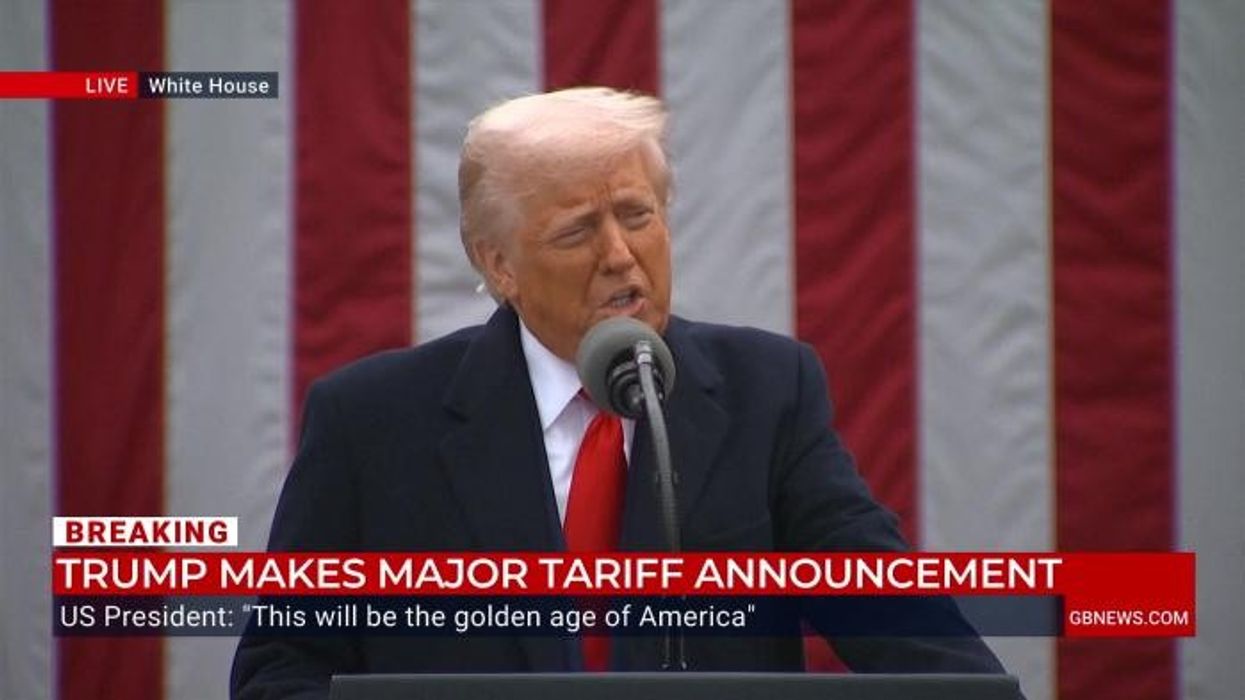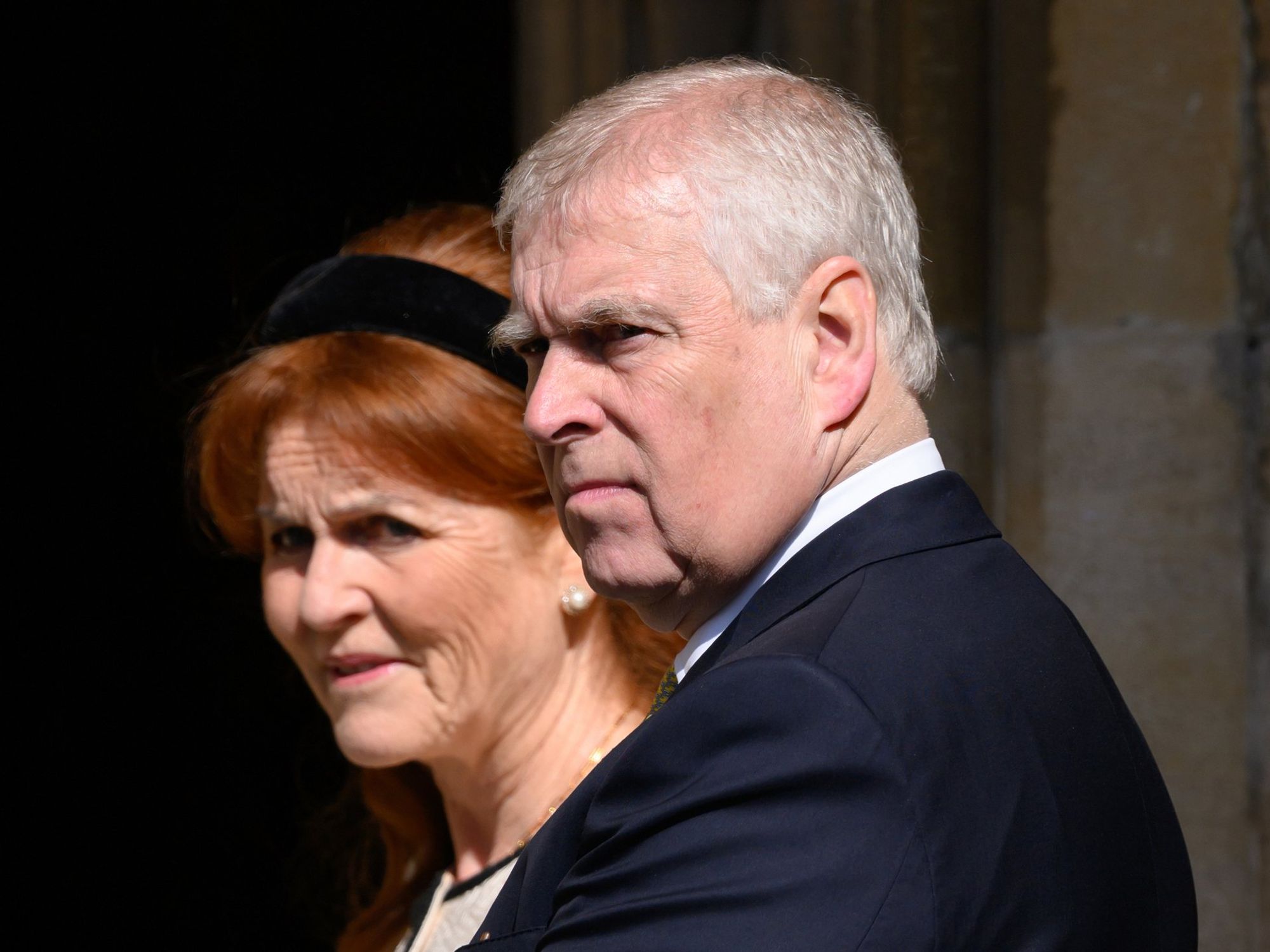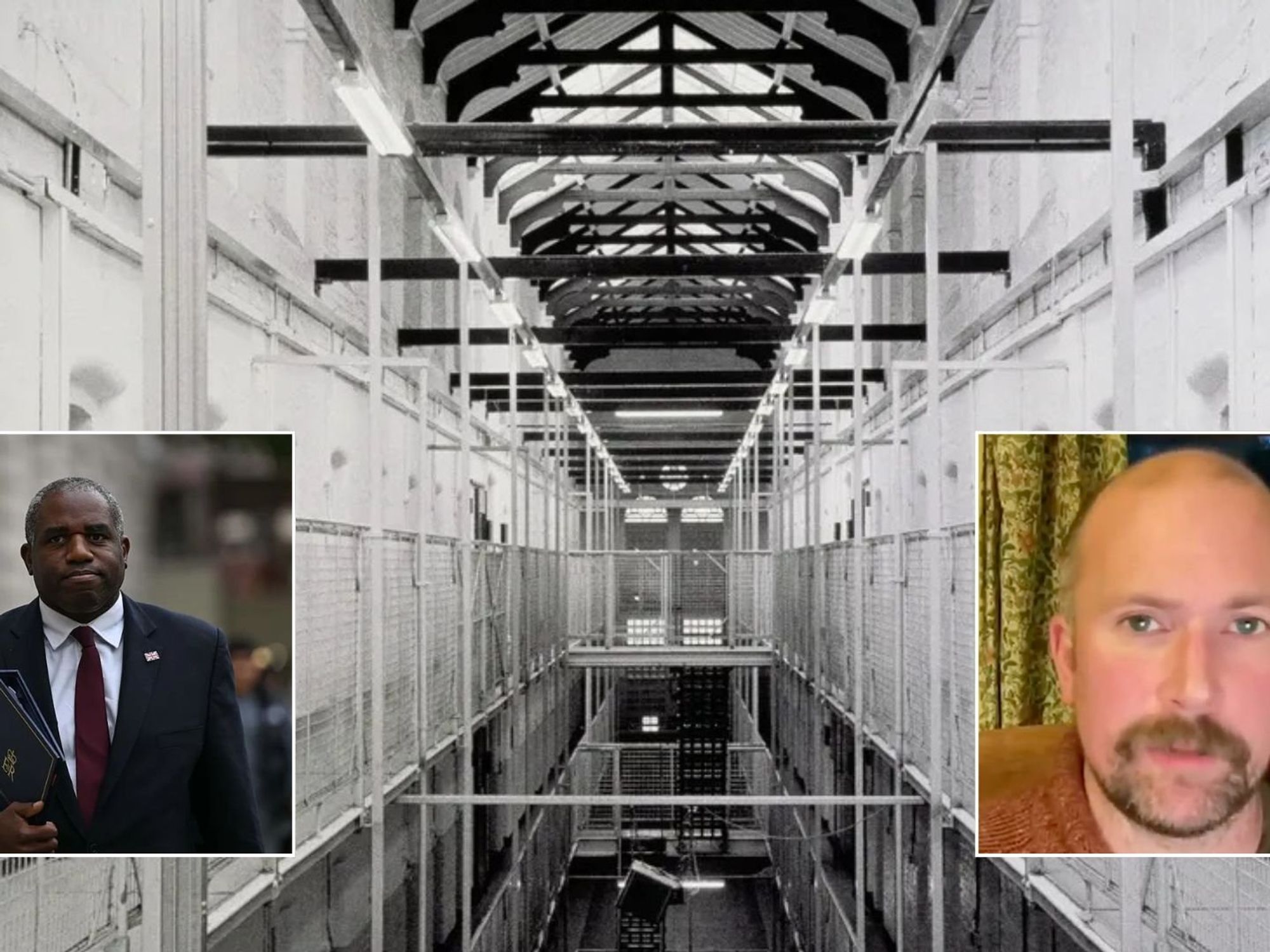UK tipped to become next global trade hotspot as carmakers look to Britain for vehicle sales

Experts suggested that the UK could benefit from the growing trade war
Don't Miss
Most Read
The UK could become a global hub for car manufacturing as more brands turn to the UK to produce their vehicle exports for the first time, analysts have suggested.
It comes as several major car brands look at the UK for manufacturing and sales amid the growing global trade war prompted by President Trump's sweeping auto tariffs.
Experts have highlighted that the international trade war could boost new car sales in the UK as global manufacturers face higher costs to export vehicles to other countries.
Meanwhile, the growing trade friction has meant that more carmakers are considering raising prices with higher import tariffs globally, making the UK a more attractive market.
Do you have a story you'd like to share? Get in touch by emailing motoring@gbnews.uk
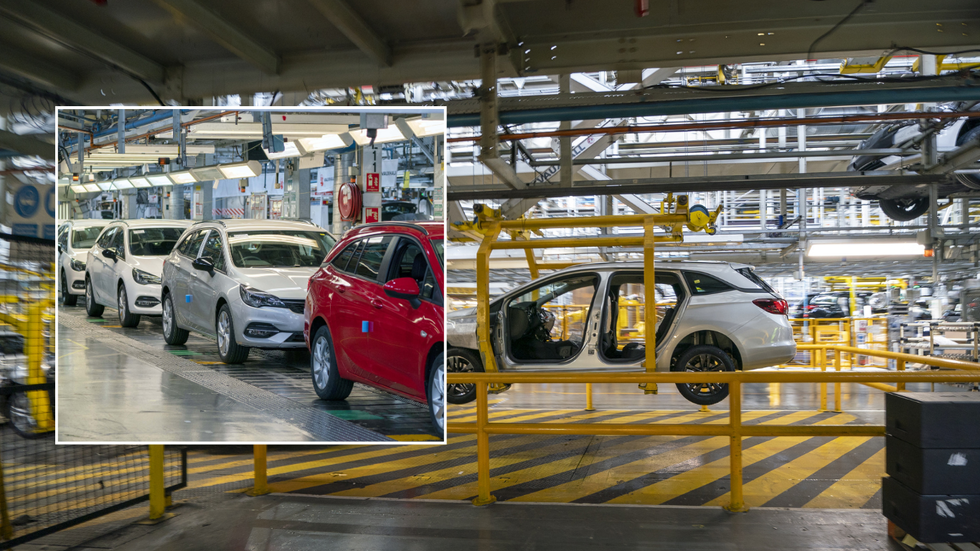
Global tariffs have caused more car brands to turn to the UK for sales
|PA/GETTY
Nathan Coe, chief executive of Auto Trader, said: "Depending on where they all (tariffs) settle, you might all find new car prices are slightly higher on a like-for-like basis. But the car market is very simple, it’s about supply and demand.
"If you look at last year, the number of new cars sold to consumers (in the UK) actually fell and was very low by historical standards.
"So I think the UK becomes potentially a more attractive market, given all the trade wars. It has got a good market, it does buy a lot of cars."
Coe added that the UK could be well placed in enticing new cars, with Toyota already looking at moving production of its popular GR Corolla sports car to the UK, with plans to manufacture as many as 10,000 of its vehicles here before exporting them to the US.
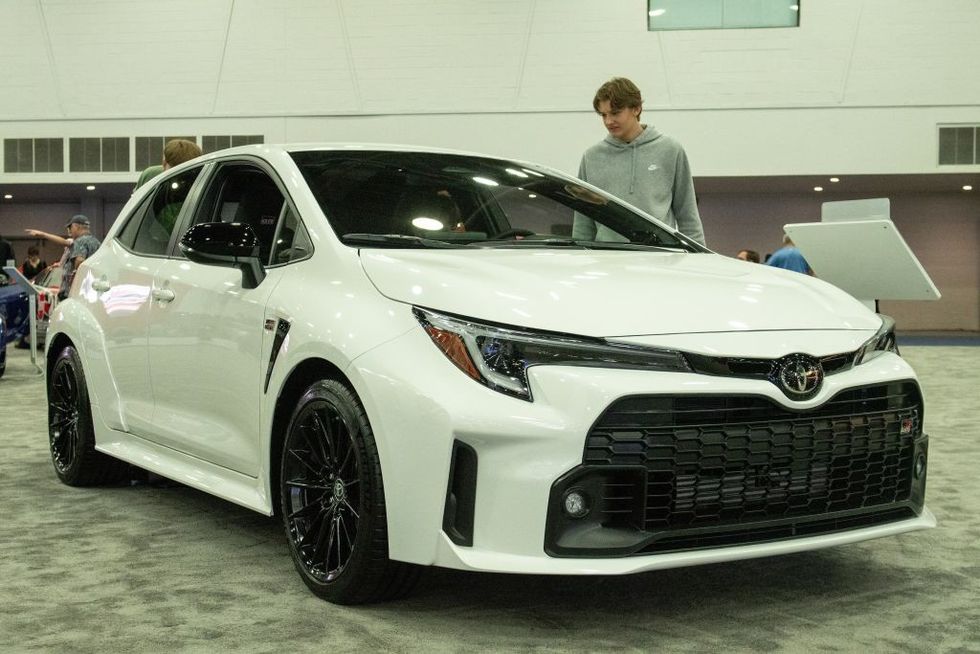
Toyota is set to bring production of its Corolla to the UK by the middle of 2026
| GETTYReuters sources from Toyota said: "Whether exporting from Japan or Britain, Toyota plans to absorb any cost increases from tariffs through cost-cutting and other measures and will not raise prices."
The GR Corolla, which is currently being produced at the Motomachi production plant in Toyota City, is already at full capacity, leading the brand to look at the UK to fill that gap.
The UK’s new car market grew by three per cent last year, driven primarily by sales of company or fleet vehicles, although the consumer side fell four per cent year-on-year.
Coe explained that it is "a very different story" for the UK’s car manufacturers, which have been hit with higher export costs across the globe, which could then cause a knock-on effect of prices increasing, with it ultimately leading to people buying "less of them".
LATEST DEVELOPMENTS:
- M180 traffic: Lorry fire causes havoc on motorway as drivers risk hours-long delays - 'Avoid the area'
- Electric cars lose 53% of value in just two years as motorists risk 'rapid pace of depreciation'
- Car insurance prices plummet to two-year low with drivers urged to save 'a significant amount of money'
Data from the Society of Motor Manufacturers and Traders revealed that the number of vehicles manufactured in the UK dropped sharply last month to the lowest April figure in more than 70 years. Trade tariffs and the timing of Easter were blamed for the dip.
Factories produced only 59,203 vehicles in April, one of the lowest figures outside of the Covid-19 period when lockdowns halted production. The decline was driven by a 78.9 per cent drop in shipments to the EU.
The society warned that with production constrained by economic uncertainty and rapidly changing global trading conditions, the Government’s industrial strategy must contain measures that "boost the competitiveness of Britain’s most valuable export sector".
It added that having a stable strategy with automotive and advanced manufacturing at its core will enable the sector to take advantage of the UK’s new trading arrangements, "including those agreed with the EU and US while exploring possibilities for growth in other markets, notably India, delivering economic benefits across the UK".
Mike Hawes, SMMT chief executive, explained that automotive manufacturers experienced the "toughest start to the year since 2009, urgent action is needed to boost domestic demand and our international competitiveness".
He warned that the Government must secure additional investment, which will "depend on the competitiveness and confidence that can be provided by a comprehensive and innovative long-term industrial strategy, get this right and the jobs, economic growth and decarbonisation will flow across the UK".
Auto Trader recorded a five per cent increase in the number of cars advertised on its platform, with 449,000 being displayed each month.
Coe added: "Despite broader macroeconomic uncertainties, the UK car market is in good health, and we continue to deliver against our strategy to improve car buying and retailing."


